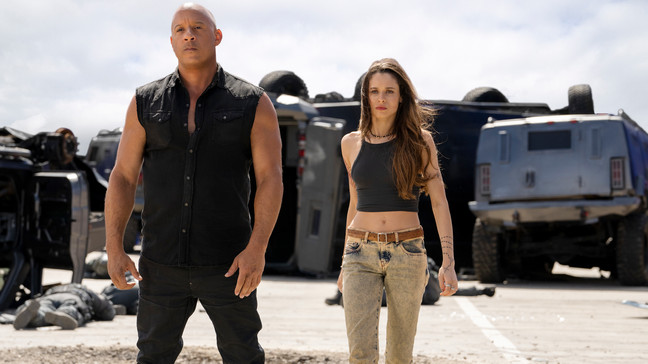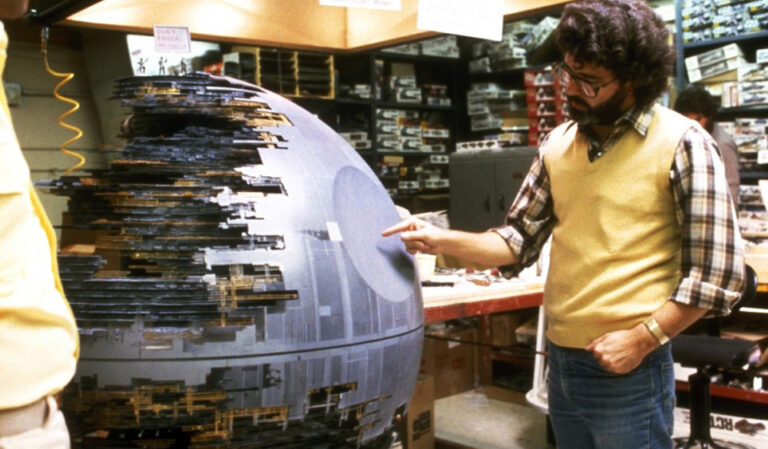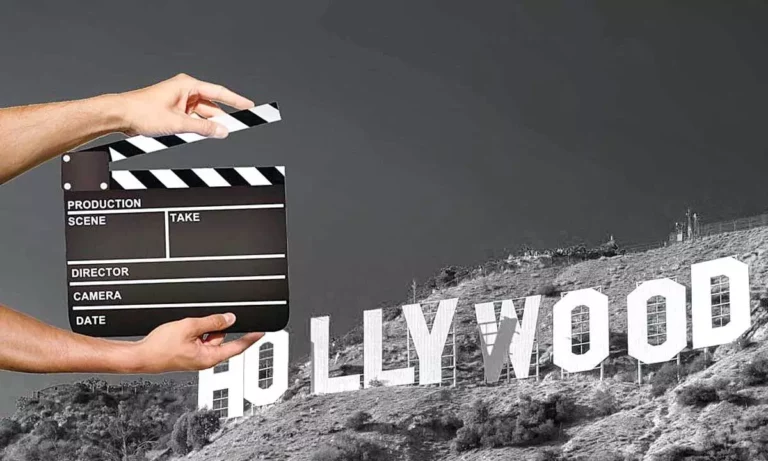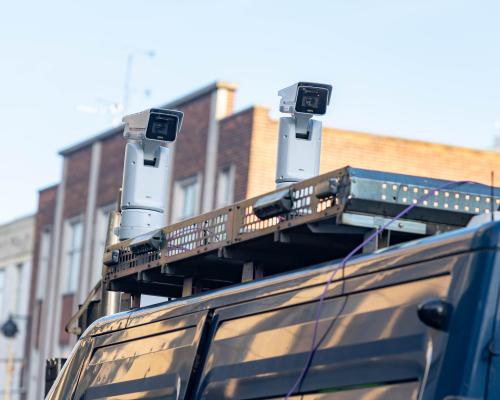
A familiar theme song. A beloved character from the past. A reboot of a childhood favorite. More and more, today’s biggest movie hits aren’t new stories—they’re recycled ones. And audiences are still showing up.
In an era where original scripts struggle to find funding, nostalgia has become the safest bet in Hollywood. But why are nostalgia-driven films dominating box offices, streaming charts, and fan culture?
Let’s break down what’s really going on.
The Rise of the Comfort Rewatch Era
There’s something deeply comforting about revisiting familiar stories. When the world feels unpredictable—economically, socially, politically—people return to stories they already know how to feel about.
Movies like Top Gun: Maverick, Ghostbusters: Afterlife, and The Super Mario Bros. Movie aren’t just callbacks—they’re emotional anchors. They tap into memories, childhood, and a sense of cultural continuity.
These films aren’t just selling a plot. They’re selling a feeling.
The Business Behind Nostalgia
Hollywood studios are not sentimental. They’re calculated.
Reboots, sequels, and franchise revivals are:
- Lower risk: Known IP means built-in fanbases
- Easier to market: You don’t need to explain who Indiana Jones is
- More profitable globally: Legacy franchises have long-term international appeal
Audiences may complain about “Hollywood running out of ideas,” but nostalgia sells tickets—and investors know it.
Case Study: Top Gun’s Unexpected Triumph
In 2022, Top Gun: Maverick soared past the $1.4 billion mark at the global box office. That’s not just nostalgia—it’s strategy.
The film:
- Respected the original without copying it
- Introduced a new generation of characters
- Blended practical effects with modern polish
- Hit the emotional notes of mentorship, legacy, and loyalty
Critics and fans alike called it a “model sequel.” It proved nostalgia doesn’t have to be lazy—it can be smart, sincere, and even bold.
From Reboots to Cinematic Universes
The nostalgia trend isn’t limited to single sequels. Studios now aim for interconnected universes built around legacy brands.
Examples include:
- The Star Wars expansion through The Mandalorian and Ahsoka
- Warner Bros.’ reboots of Batman, Harry Potter, and even The Matrix
- Disney’s live-action remakes of their animated classics
Each project functions like a reminder: “You loved this once. Come love it again.”
Are Audiences Getting Tired?
There’s growing fatigue, yes. Films like Indiana Jones and the Dial of Destiny underperformed. Not every revival hits the mark.
But when nostalgia is used with care—combined with new stories, diverse characters, and fresh ideas—it still works.
The key difference? Audiences want evolution, not just imitation.
The Psychology of Movie Nostalgia
Nostalgia isn’t just marketing—it’s neuroscience.
- It activates the brain’s reward system
- It creates emotional safety
- It helps people process identity and aging
Watching a familiar story is a psychological reset, especially during stressful times. It’s the cinematic equivalent of comfort food.
Streaming Is Fueling the Trend
Services like Netflix, Disney+, and Max thrive on nostalgia.
- Entire sections are dedicated to 90s cartoons, early-2000s teen dramas, or vintage sci-fi
- Algorithms push viewers to “revisit your favorites”
- Shows like Cobra Kai and Fuller House grew out of fan interest in old IP
Streaming has turned passive nostalgia into active content demand.
New Audiences, Old Stories
One of the most powerful tricks of nostalgia-fueled media? It introduces old franchises to new generations.
A 12-year-old today might discover Jurassic Park through Jurassic World Dominion. Or find Star Wars through Rebels before watching the originals.
Nostalgia isn’t just a backward glance—it’s a cultural bridge.
Is Original Cinema Dead?
Not at all. Films like Everything Everywhere All at Once and Parasite proved there’s still space for original ideas. But they’re exceptions, not the rule.
To succeed, originals often need:
- Awards buzz
- A24-style niche branding
- Viral momentum
- Critical champions
For every breakout indie, there are dozens that never get wide release.
Can Nostalgia Be Meaningful?
Absolutely—when it’s more than fan service.
Movies that explore memory, time, and cultural change (like The Fabelmans, Barbie, or Midnight in Paris) don’t just reference the past—they interrogate it.
That’s where nostalgia becomes art, not just commerce.





